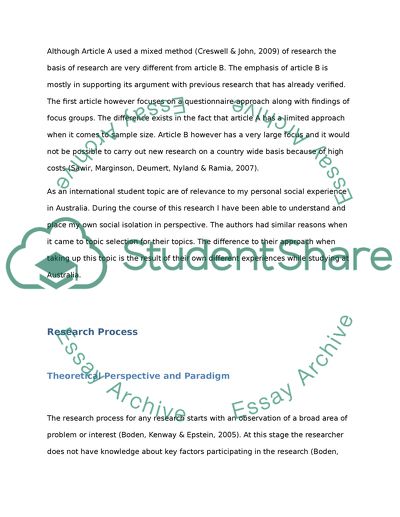Cite this document
(Analysis of Articles about International Students in Australia Essay, n.d.)
Analysis of Articles about International Students in Australia Essay. Retrieved from https://studentshare.org/education/1735676-a-reasearch-essy-on-two-articles-of-international-students-in-australia
Analysis of Articles about International Students in Australia Essay. Retrieved from https://studentshare.org/education/1735676-a-reasearch-essy-on-two-articles-of-international-students-in-australia
(Analysis of Articles about International Students in Australia Essay)
Analysis of Articles about International Students in Australia Essay. https://studentshare.org/education/1735676-a-reasearch-essy-on-two-articles-of-international-students-in-australia.
Analysis of Articles about International Students in Australia Essay. https://studentshare.org/education/1735676-a-reasearch-essy-on-two-articles-of-international-students-in-australia.
“Analysis of Articles about International Students in Australia Essay”, n.d. https://studentshare.org/education/1735676-a-reasearch-essy-on-two-articles-of-international-students-in-australia.


